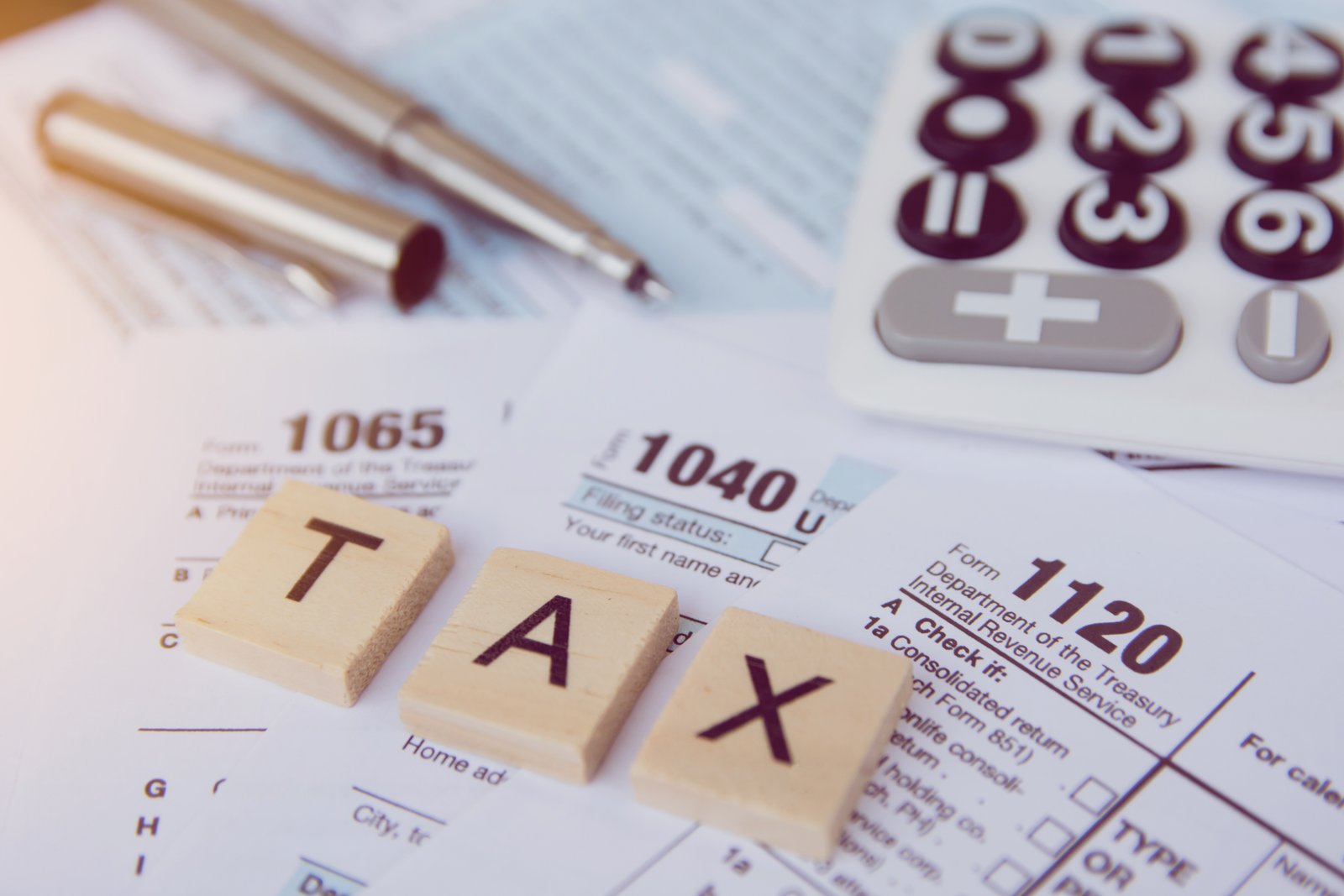The Spanish government recently announced plans to introduce Spain’s 100% tax on residential properties purchased by non-EU residents, including buyers from the UK & the USA. The initiative is part of a broader strategy to tackle the housing crisis by improving access for local residents. However, the proposal has faced significant criticism and skepticism about its practicality.
Summary & Key Points:
- Foreigners Should Be Informed, but not Overly Concerned: Based of the available information, the proposal is likely dead upon arrival. The Prime Minister’s proposal of either a 100% tax increase in current taxes or a tax of up to 100% is likely to fail given the Minister’s political party’s slim majority and the fact that the ability to levy taxes lies with the governing majority party of the location. In Mallorca’s case, that is the opposite party of Pedro Sánchez, who would not impose such a tax.
- Proposed Tax on Non-EU Buyers: It’s still unclear the direction of the proposal, but it appears to be that Spain plans to impose a tax of up to 100% or either a 100% increase in current applicable taxes on properties purchased by non-EU residents, aiming to address the housing crisis and curb property speculation.
- Skepticism and Criticism: Experts argue the tax may not solve affordability issues and could harm foreign investment in regions like Mallorca and Costa del Sol.
- Legislative Uncertainty: The proposal lacks formal documentation and faces significant political hurdles, with its final implementation far from guaranteed.
The Policy and Its Objectives
Prime Minister Pedro Sánchez described the measure as a way to combat property speculation and ensure that housing remains accessible for Spaniards. Housing Minister Isabel Rodríguez highlighted the government’s focus on addressing Spain’s pressing issue of affordable housing, particularly for younger generations. Additional reforms include incentives for landlords to rent out vacant properties and financial support for young tenants.
The government claims that foreign property investment has driven up home prices, making housing less attainable for locals. The tax aims to reduce the influence of non-resident buyers in the market. However, legal experts have noted a lack of formal documentation for the proposal and raised doubts about its feasibility. Some believe it may actually refer to a significant increase in existing property taxes rather than a confiscatory levy on the full value of a purchase.
Reactions and Criticism
The plan has drawn sharp criticism, with many calling it more symbolic than substantive. Matt Anderson, a managing partner of a Mallorca-based real estate firm that serves American clients, dismissed the proposal as “all smoke and mirrors.” Others, such as Mikel Echevarren of Colliers Spain, argue that the policy unfairly blames foreign buyers instead of addressing deeper structural problems in the housing market. Echevarren also pointed out that most foreign buyers focus on holiday properties rather than competing directly with locals for housing.
Adding to the confusion, industry experts speculate that the government may have intended to propose a 100% increase in certain taxes related to property transactions rather than a full-value tax. Such an extreme measure would be unprecedented and could provoke significant international backlash.

Spain’s Housing Challenges
Spain has been grappling with rising property prices, which in 2024 surpassed levels seen before the 2008 financial crisis. The country also faces one of Europe’s highest rates of renters at risk of poverty, and young people are delaying moving out of their family homes more than ever. Despite these challenges, foreign buyers account for only about 20% of property transactions, a figure that has remained stable for over a decade.
Concerns from the Industry
The tax, if implemented, could have significant repercussions for regions like the Balearic Islands and Costa del Sol, where luxury properties and resort towns depend heavily on foreign investment. Critics argue that discouraging international buyers could harm Spain’s real estate market and economy without addressing the root causes of the housing crisis. Some fear it could lead to reduced construction activity and job losses in the property sector.
Key concerns include:
- Adverse effects on areas reliant on international buyers, such as Mallorca.
- Unintended consequences, including fewer housing projects, job cuts in the housing/construction industries, and decrease in tax revenue from foreign buyers that is used for local government policies.
- A potential decline in foreign investment, which may hurt local economies.
What Lies Ahead
The proposed tax faces numerous legislative hurdles and is unlikely to pass without substantial revisions. Spain’s parliament, characterized by its political fragmentation, would need to approve the measure, and early indications suggest limited support from allied parties. As a result, the proposal may undergo significant changes or fail altogether.

I’m a Foreign Buyer, Should I be Concerned?
At this stage, the tax remains a proposal with no immediate legal effect. Foreign buyers are advised to stay informed and consult legal or real estate experts to understand potential implications. With no formal policy framework in place, there is no immediate need for alarm.
Conclusion
While the announcement has created uncertainty, Spain is and will remain an attractive destination for property investment, second homes, and full on retirement due to its quality of life and solid investment yield. The proposed tax underscores the complexities of the housing crisis and the challenges of crafting effective solutions. Whether this measure will significantly impact the market or fade in the legislative process remains to be seen, but based on the available information, it is likely this measure is dead upon arrival. This also highlights the importance of careful planning for both buyers and policymakers.
Source: https://www.bbc.com/news/articles/cr7enzjrymxo





